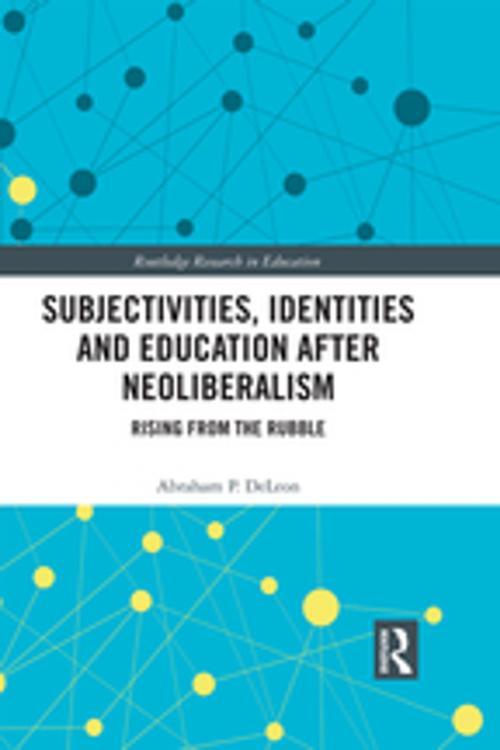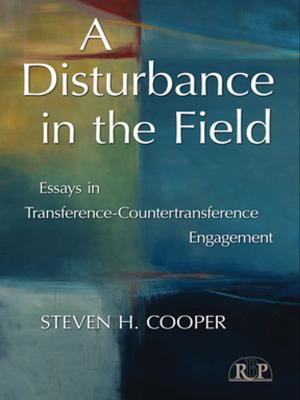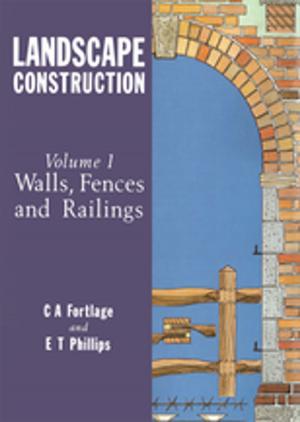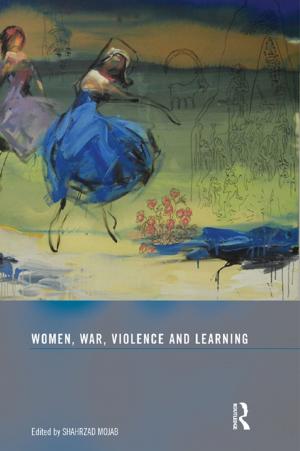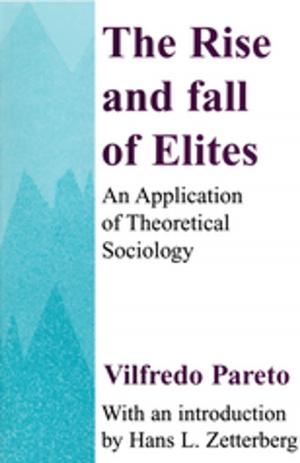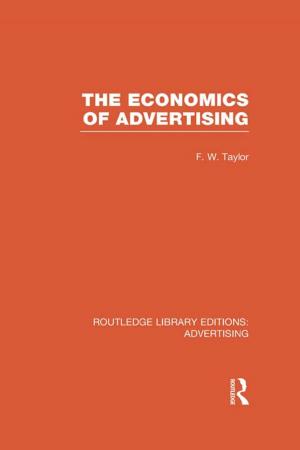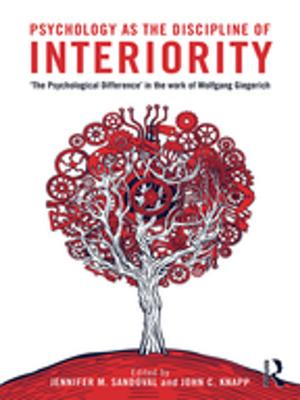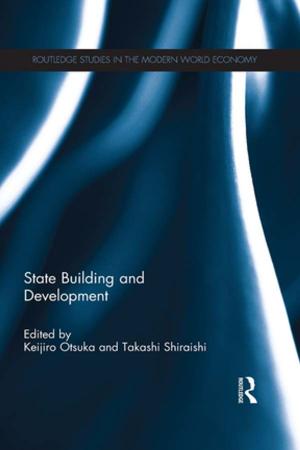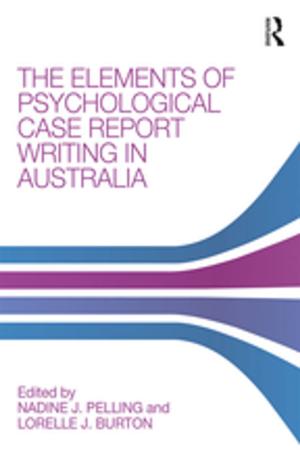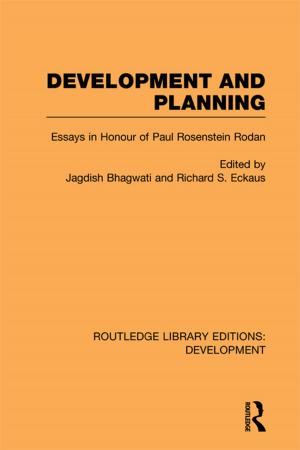Subjectivities, Identities, and Education after Neoliberalism
Rising from the Rubble
Nonfiction, Reference & Language, Education & Teaching| Author: | Abraham P. DeLeon | ISBN: | 9781351583893 |
| Publisher: | Taylor and Francis | Publication: | March 21, 2019 |
| Imprint: | Routledge | Language: | English |
| Author: | Abraham P. DeLeon |
| ISBN: | 9781351583893 |
| Publisher: | Taylor and Francis |
| Publication: | March 21, 2019 |
| Imprint: | Routledge |
| Language: | English |
In this book, DeLeon presents a critique of neoliberalism and present times through a metaphor of social collapse and considers what remains once the dust has settled for a different kind of person to emerge. Engaging a variety of social, political and educational theories, along with pop culture and literature, DeLeon positions humanity at the edges of collapse and what will emerge after the fall. Engaging academic and fictional alternatives, he imagines future possibilities through a new kind of person that rises from the rubble. Questioning the foundations of empiricism, standardization and "reproducible" results that reject new forms of social and political projects from materializing, DeLeon discusses the potentials of the imagination and the ways in which it can produce alternative possibilities for our collective future when unleashed and combined with fictional narratives. Moving across multiple intellectual, philosophical, artistic, and historical traditions, he constructs a radical, interdisciplinary vision that challenges us to think about transforming our collective future(s), one in which we construct a new kind of person ready to tackle the challenges of a potentially liberatory future and what this might entail.
In this book, DeLeon presents a critique of neoliberalism and present times through a metaphor of social collapse and considers what remains once the dust has settled for a different kind of person to emerge. Engaging a variety of social, political and educational theories, along with pop culture and literature, DeLeon positions humanity at the edges of collapse and what will emerge after the fall. Engaging academic and fictional alternatives, he imagines future possibilities through a new kind of person that rises from the rubble. Questioning the foundations of empiricism, standardization and "reproducible" results that reject new forms of social and political projects from materializing, DeLeon discusses the potentials of the imagination and the ways in which it can produce alternative possibilities for our collective future when unleashed and combined with fictional narratives. Moving across multiple intellectual, philosophical, artistic, and historical traditions, he constructs a radical, interdisciplinary vision that challenges us to think about transforming our collective future(s), one in which we construct a new kind of person ready to tackle the challenges of a potentially liberatory future and what this might entail.
